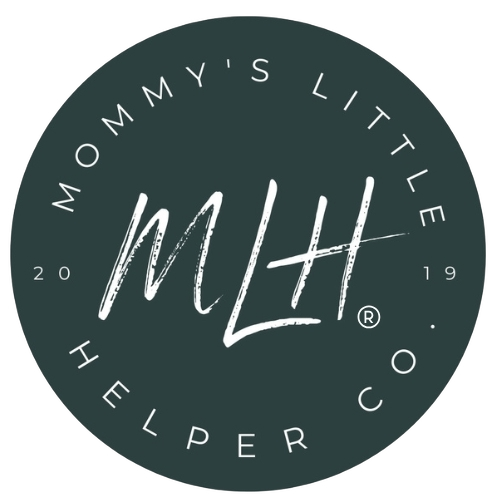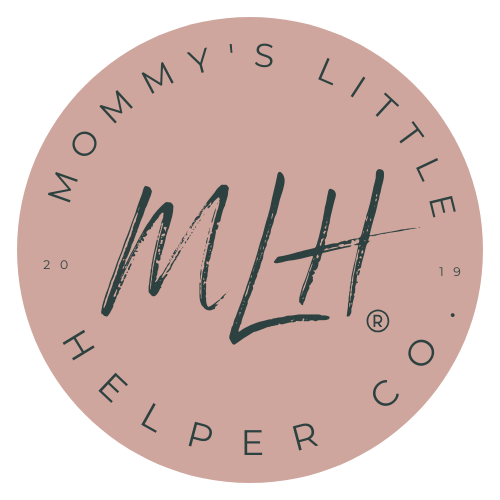
How to Handle a Toddler Who Constantly Says “Mine"
We’ve all been there! Your toddler grabs a toy, clutches it to their chest, and yells “Mine!” like a little dragon guarding treasure. Whether you’re at home or at the playground, it can be frustrating and even embarrassing. But take a deep breath, Mama. This is all part of the toddler journey. Let’s talk about this stage and how to handle it, together.
Why Toddlers Say “Mine!”
Before jumping to discipline, it helps to understand why toddlers act this way. Around ages 1.5 to 3, kids are learning about ownership. Their brains are developing rapidly, and words like mine, no, and I do it are often the first signs of independence.
They’re not being mean. They’re trying to make sense of their world.
1. Stay Calm and Neutral
Easier said than done, right? But when your child screams “Mine!” and grabs a toy, your calm reaction helps more than any lecture. Avoid shaming or scolding in the moment. Instead, gently step in and acknowledge their feelings:
“You really like that toy. It’s okay to like it, but we also need to take turns.”
This works whether you’re talking about wooden toys at home or sharing a favorite piece of kids' furniture like a toddler chair during a playdate.
2. Teach the Concept of Sharing (But Don’t Force It)
Toddlers don’t naturally share. It’s a learned skill, just like walking or talking. You can model sharing through play. Sit with your child and say things like:
“I’m going to roll this car to you. Now it’s your turn to roll it to me.”
Using wooden toys for this kind of roleplay is great. They’re tactile and simple, which helps focus your toddler’s attention. Try including your child’s learning tower or a play table so they feel they have a special space that encourages cooperative play.
3. Set Boundaries and Use Consistent Phrases
Consistency is key when dealing with toddler behavior. Create short, easy-to-understand phrases you repeat often. For example:
-
“We take turns with toys.”
-
“You can’t grab. You can ask.”
-
“If we can’t share it, we put it away.”
Having a consistent routine helps too. If your child plays in the same cozy corner with their wooden toys or sits in their kids' furniture set every afternoon, they’ll start associating those areas with calm, positive behaviour.
4. Offer Choices to Empower Them
You don’t always have the time to negotiate with a toddler for 15 minutes. That’s why giving them simple choices works wonders:
“Do you want to play with the blocks or the puzzles today?”
This tactic gives your child a sense of control without letting them run the show. You’ll be surprised how much smoother your day can go when your toddler feels heard and respected.
5. Use “Special Time” to Encourage Generosity
Working moms often carry guilt for not being around 24/7. I feel you. That’s why quality trumps quantity. Spend 10–15 minutes of uninterrupted one-on-one time with your child daily. Sit on the floor, engage with their toys, and follow their lead.
You can even use this time in the kitchen with the help of a learning tower. Let your toddler stir pancake batter or wash veggies beside you. These moments teach patience and cooperation, without needing a lecture.
6. Praise the Positive
When you catch your toddler being kind or sharing, praise it like crazy! Not just a simple “Good job,” but something specific:
“Wow, you gave your doll to your friend to hold. That was so thoughtful.”
This reinforces the kind of behavior you want to see. You can even turn praise into a little reward system, maybe a sticker chart on their wooden play table?
7. Prepare for Playdates (and Manage Expectations)
Before heading to a friend’s house or hosting a playdate, talk to your toddler in advance. Set expectations:
“You’ll get to play with new toys today. Let’s remember to take turns.”
At home, you can even set aside a few “non-share” toys your child treasures and put them away during playdates. That way, they don’t feel threatened or anxious when friends come over and touch their favorite things.
A shared play area with kid-sized furniture helps too. Having a child-height table or chairs encourages everyone to engage at the same level. It’s a simple way to support cooperative behavior.
8. Be Patient (This Too Shall Pass)
Every child develops at their own pace. Some toddlers move past the “Mine!” phase quickly, while others need more time and guidance. Don’t worry, it doesn’t mean your child is rude or spoiled.
Remember, the goal isn’t perfection. It’s progress. A few months from now, you’ll look back and see how far your little one has come.
Final Thoughts
Toddler behavior can be unpredictable. But with a little patience, clear boundaries, and some quality time, your child will begin to understand the value of sharing, empathy, and connection.
At Mommy’s Little Helper Co., we believe in creating tools that support those early learning moments. Our kids’ furniture, like learning towers and play furniture, is designed to grow with your child and help you spend more meaningful time together, even on a busy day. If you are looking for quality wooden furniture to promote independence and learning, explore our collection today.




